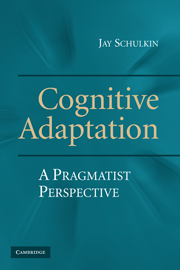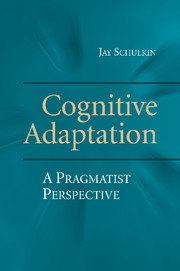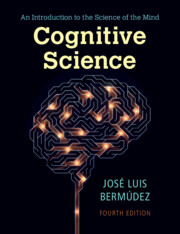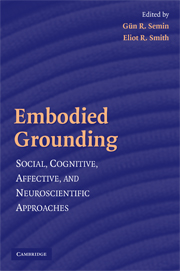Cognition and the Arts
How does the mind lend itself to artistic creation and appreciation? How should we study minds and arts in ways that transform our understanding of both? This book examines the concepts of art and cognition from the complementary perspectives of philosophy, the empirical sciences, and the humanities. Central chapters combine examples of visual art, music, literature, and film with the properties of cognition that they illuminate, including 4E cognition, predictive processing, and theories of affect and emotion. These aspects of cognition are undergoing theoretical shifts that complicate established understandings of the mind and its encounter with the arts. As the book takes stock of recent developments in aesthetics that have incorporated empirical findings (Naturalized Aesthetics), it also envisions a new generation of cognitive science with robust ties to history and literature (the Cognitive Humanities). In this way, Cognition and the Arts can be seen as a model of interdisciplinary scholarship.
- Includes overviews of selected topics in the cognitive philosophy of art, music, literature, and film
- Integrates recent developments in embodied cognition, predictive processing, affect theory, and cognitive history
- Proposes new paths for interdisciplinary work at the intersections of philosophy, the empirical sciences, and the humanities
Product details
July 2025Hardback
9781009245104
181 pages
229 × 152 mm
Not yet published - available from July 2025
Table of Contents
- 1. Conceptualizing cognition and the arts
- 2. Embodiment and cognitive extension in art and music
- 3. The predictive mind in literature
- 4. The affective mind and cinematic expression
- 5. Historicizing cognition and the arts
- Epilogue
- Bibliography
- Index.






